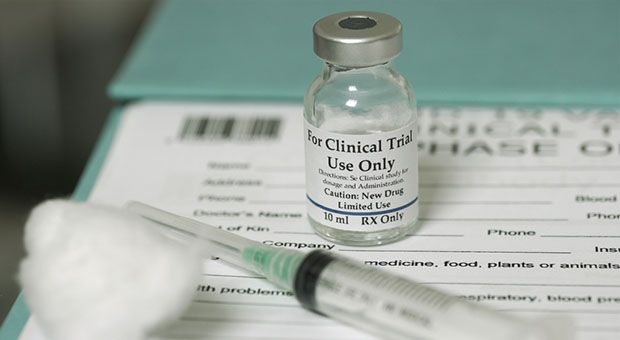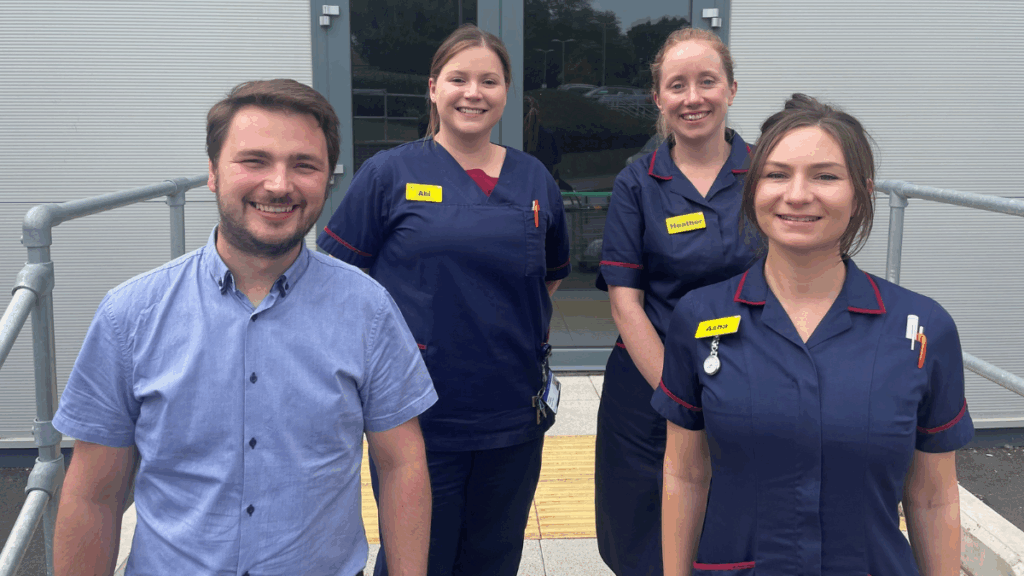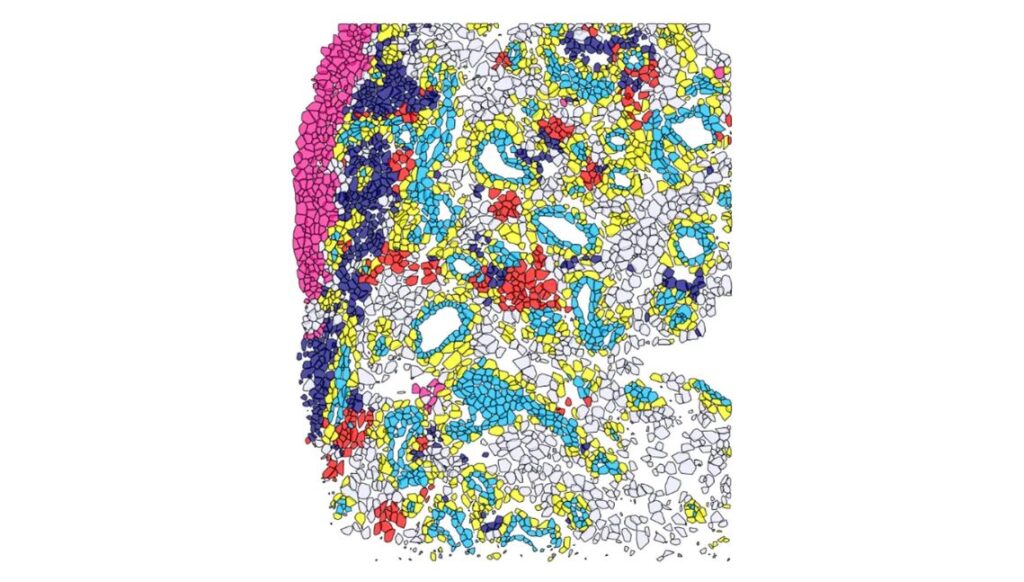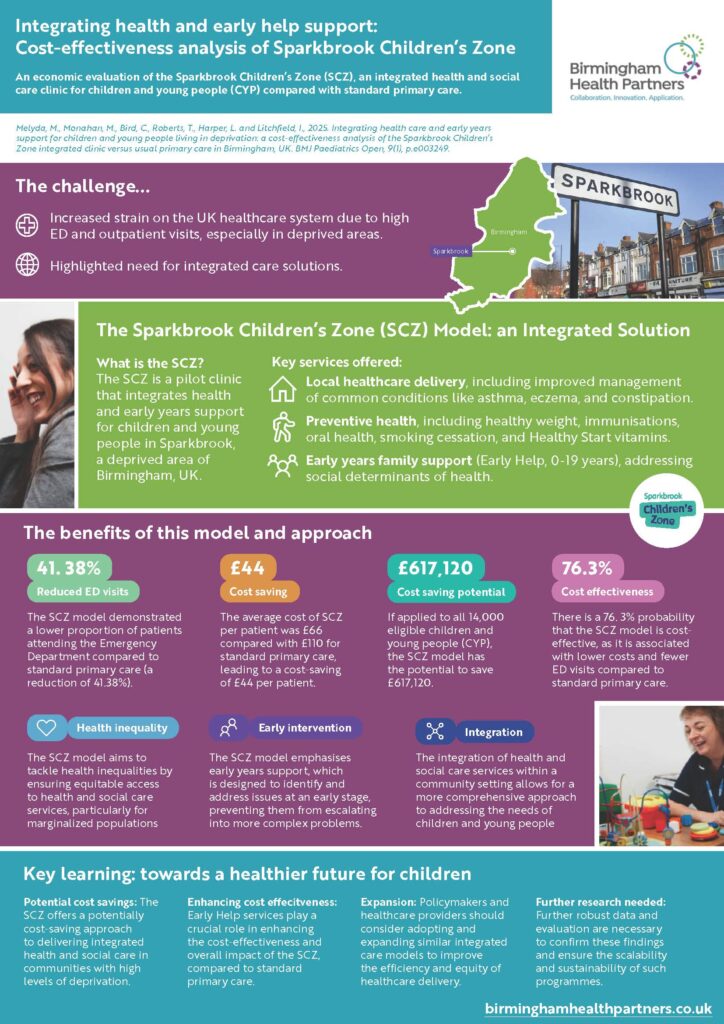Supporting clinicians to pursue research journey alongside clinical practice
Clinical academic trainees from across the West Midlands recently gathered in Birmingham to share their experiences and connect with peers for support in this challenging yet rewarding career pathway.
The participants, mostly academic resident doctors and dentists, were given protected time away from both their universities and clinical duties to reflect on their career aspirations and journey to date. The retreat programme included skills development workshops, along with guest speakers on topics of relevance to the future of clinical research such as AI and commercialisation.
The annual retreat is now in its third year and it continues to evolve and improve. This year for the first time, trainees from Aston University’s new NIHR Clinical Academic training programme were invited.
The event is a collaboration between BHP members the University of Birmingham and Aston University, working with regional partners the University of Warwick and Keele University – enabling attendees to learn from the experiences of peers at other institutions and to explore cross-institutional research collaborations.
Dr Angharad De Cates, NIHR Academic Clinical Lecturer in Psychiatry, University of Birmingham, said: “The ICAT retreat didn’t disappoint – it was a fantastic chance to catch up with existing colleagues and get to know new ones from other specialties and institutions. These events are particularly important for academic trainees like me who are in a specialty with relatively few others – supporting feelings of both inclusion and a sense of community.”
Highlights from the three days included a highly interactive session on clinical research career development this year, facilitated by Medical Leadership and Development Coach Alexis Hutson, sessions on industry engagement, inclusive research, public involvement and designing clinical trials.
Professor Kristien Boelaert, ICAT Academic Lead and Professor of Endocrinology, University of Birmingham, said: “We hope the attendees leave with new ideas and strategies to support their professional and personal development. All of the participants have extremely busy work lives, taking care of patients whilst at the same time advancing our understanding of how best to treat them. This is why carving out time to focus on how to get the most out of the clinical academic career pathway is so important, and prioritising time for learning and reflection opportunities, such as the retreat, can be so beneficial.”
Birmingham Health Partners offers a comprehensive suite of workforce education and training programmes aimed at facilitating increased opportunities for NHS workers to pursue a career in academic research. Our clinical academic training programmes also support the national agenda to increase the capability of non-medical professionals to contribute to the improvement of patient outcomes and innovations in healthcare.

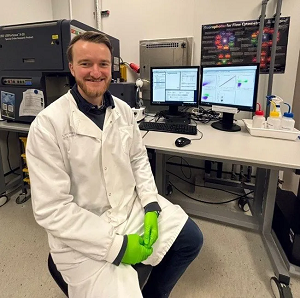 Dr Joseph Sturman is a a Kidney Research UK (KRUK) Clinical PhD Fellow investigating how Chronic Kidney Disease (CKD) leads to altered immunometabolism and increased susceptibility to infectious diseases. Ultimately, his aim is to understand how we can modulate immunometabolism to improve the control of infectious diseases in this vulnerable population, using Mycobacterium tuberculosis (Mtb) as a model pathogen. His PhD funding application to KRUK was successful thanks to the excellent supervisory support and fundamental preliminary data he collected during his
Dr Joseph Sturman is a a Kidney Research UK (KRUK) Clinical PhD Fellow investigating how Chronic Kidney Disease (CKD) leads to altered immunometabolism and increased susceptibility to infectious diseases. Ultimately, his aim is to understand how we can modulate immunometabolism to improve the control of infectious diseases in this vulnerable population, using Mycobacterium tuberculosis (Mtb) as a model pathogen. His PhD funding application to KRUK was successful thanks to the excellent supervisory support and fundamental preliminary data he collected during his  Dr Mark Openshaw is a Consultant Medical Oncologist at BHP founding member University Hospitals Birmingham NHS Foundation Trust. His
Dr Mark Openshaw is a Consultant Medical Oncologist at BHP founding member University Hospitals Birmingham NHS Foundation Trust. His 